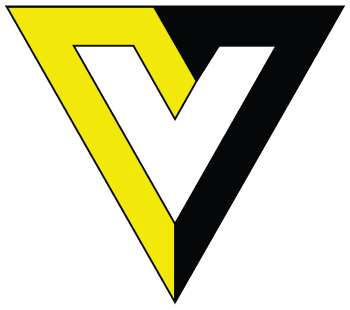|
Size: 1422
Comment:
|
Size: 1592
Comment:
|
| Deletions are marked like this. | Additions are marked like this. |
| Line 5: | Line 5: |
| Control is part of the very definition of ownership: ownership means control. Exclusive control if there is one owner, or other arrangements with multiple owners (such as a corporation or partnership). To consume a piece of fruit, for instance, is to assert (by one's action) ownership over it; to till land and reap the crop, likewise; to create a spear from iron and wood, and use it to slay game, is to assert ownership (provided there is no prior ownership—then borrowing or rental is possible) of the spear, and then the game as well; and possibly ownership (or at least hunting rights) over the land being hunted on. Note that control ''follows'' ownership, it does not indicate it (borrowing an owned spear, for example, means a temporary control, but not ownership). A thief also exerts control (hopefully temporary!) albeit he is not the owner (see [[RightVsPower]]). | Control is part of the very definition of ownership: ownership means control. Exclusive control if there is one owner, or other arrangements with multiple owners (such as a corporation or partnership). To consume a piece of fruit, for instance, is to assert (by one's action) ownership over it; to till land and reap the crop, likewise; to create a spear from iron and wood, and use it to slay game, is to assert ownership (provided there is no prior ownership—then borrowing or rental is possible) of the spear, and then the game as well; and possibly ownership (or at least hunting rights) over the land being hunted on. Note that control ''follows'' ownership, it does not indicate it (borrowing an owned spear, for example, means a temporary control, but not ownership). A thief also exerts control (hopefully temporary!) albeit he is not the owner (see [[RightVsPower]]). Ownership, the ''right'' to control, does not automatically create the ''power'' to control—or barbarian tribes would not have been able to sack and loot villages. |
Given that property is required for very survival (people need somewhere to live, food to eat, and more complex property for living beyond mere survival), it is a part of the human condition.
We then move into how property rights come about, or equivalently to allocation. It is easy to rule out any non-symmetric (universal) rule, like, "John will dole out all property and decide everything" as unjust (see Molyneux's Universally Preferable Behavior for example).
Control is part of the very definition of ownership: ownership means control. Exclusive control if there is one owner, or other arrangements with multiple owners (such as a corporation or partnership). To consume a piece of fruit, for instance, is to assert (by one's action) ownership over it; to till land and reap the crop, likewise; to create a spear from iron and wood, and use it to slay game, is to assert ownership (provided there is no prior ownership—then borrowing or rental is possible) of the spear, and then the game as well; and possibly ownership (or at least hunting rights) over the land being hunted on. Note that control follows ownership, it does not indicate it (borrowing an owned spear, for example, means a temporary control, but not ownership). A thief also exerts control (hopefully temporary!) albeit he is not the owner (see RightVsPower). Ownership, the right to control, does not automatically create the power to control—or barbarian tribes would not have been able to sack and loot villages.
(DBR)
